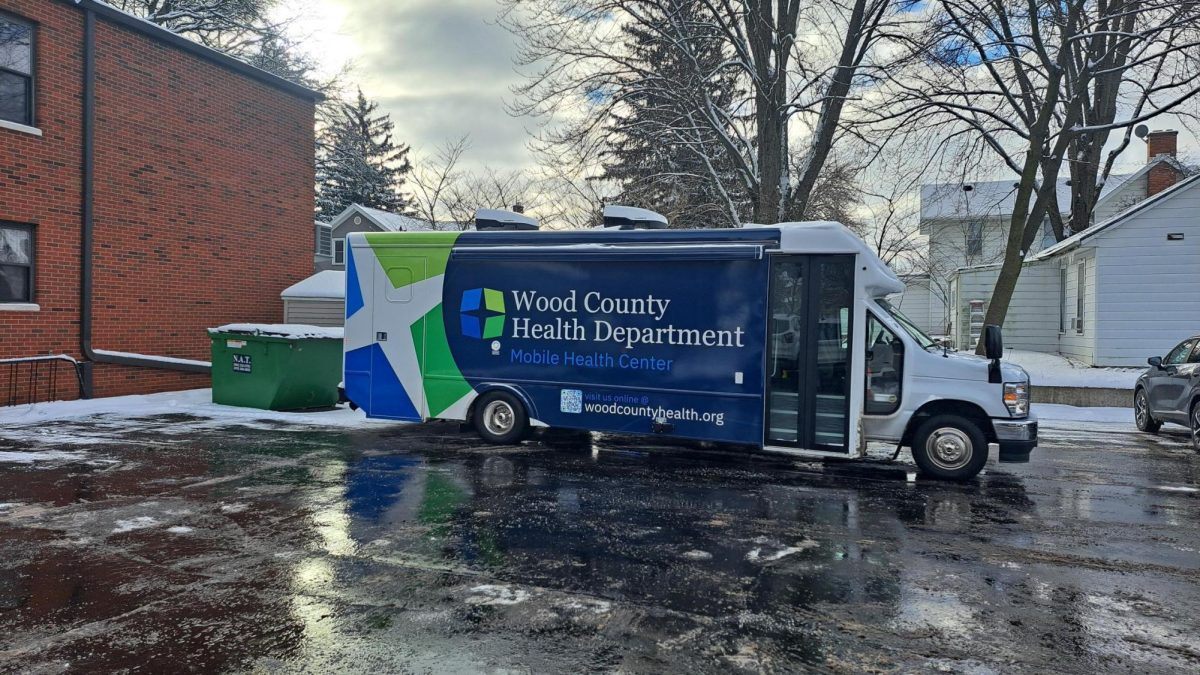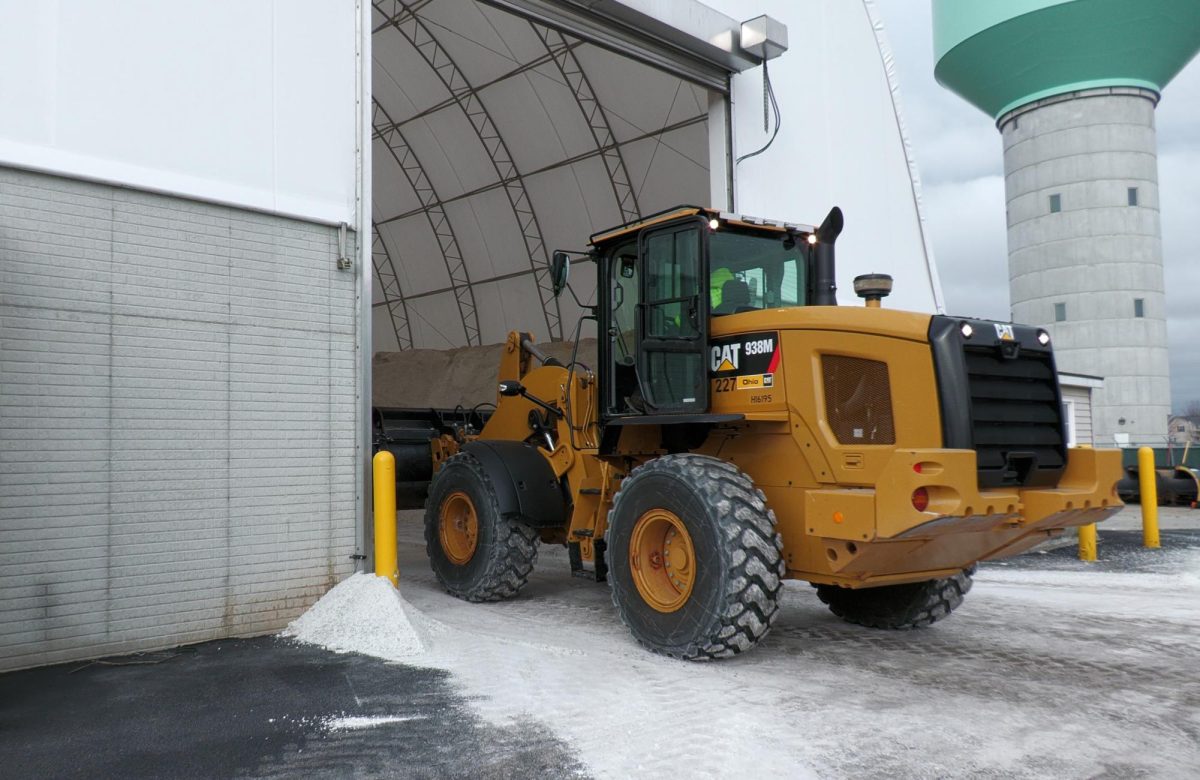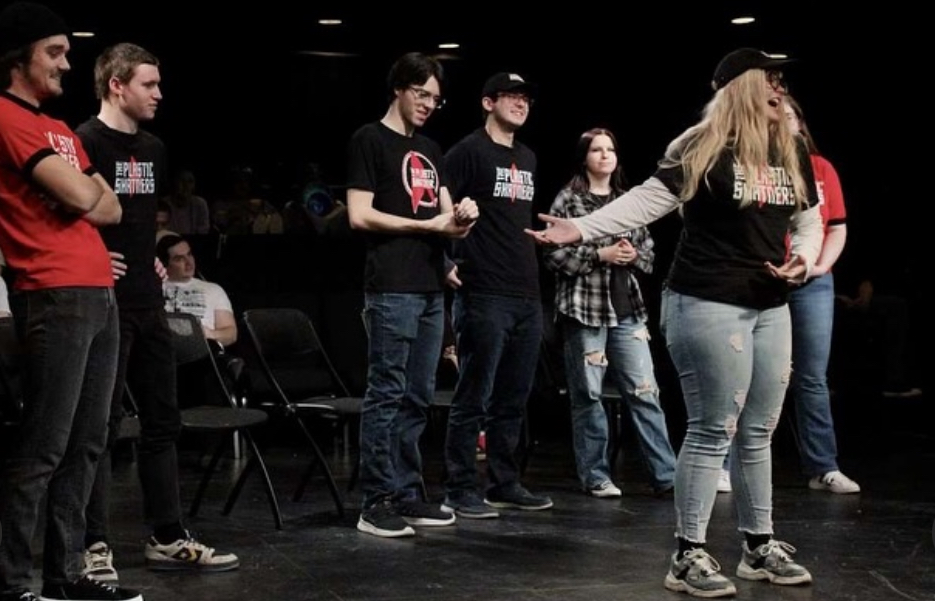Construction for the $11.9 million Bureau of Criminal Investigation crime lab will begin October on campus at the corner of North College Drive and Leroy Avenue.
The state-funded facility will be an upgrade from the BCI’s current office on East Wooster Street and will process forensic evidence from crime scenes around the state.
Ohio Attorney General Mike DeWine and the administration decided to build the lab on campus to promote interaction between students and the BCI staff, said Michael Schuessler, project manager for the Office of Design and Construction.
Students will not have classes in the building to avoid evidence contamination but Rodney Rogers, senior vice president for academic affairs and provost, said having the lab on campus opens a door to new opportunities for graduate students and faculty in the science departments to collaborate with the BCI.
“We hope it will further the engagement between faculty, students and the BCI in terms of moving the science of forensics forward while also giving our students opportunities for internships and co-op experience,” Rogers said.
Senior Danielle Rice, president of the Justice Student Association, said if interns are at the lab, it could prepare them for a career.
“The possibility of interning [at the lab] would help me advance professionally and would give me the experience that I would need to go right into the workforce,” she said.
Having forensic professionals on campus will allow for University faculty research collaborations with the BCI staff and more guest lecturers to give students a real-world job perspective, Rogers said.
Steve Lab, a professor of criminal justice, said the close ties with the BCI also give students a unique opportunity to use forensic materials from closed cases in the classroom.
The attorney general wanted to make the facilities as visible as possible so visitors can observe the BCI staff’s work without contaminating evidence, said Robert Waddle, assistant vice president for Capital Planning.
Visitors will be able to view the labs and a firing range through windows along a corridor, Schuessler said.
Students can then apply what they see in the classroom, Rogers said.
“We’ve equipped a forensics lab in the biology department that is used by any of the forensic students,” Rogers said. “They’ll be able to observe what’s going on at the BCI in a real crime lab but then they’ll go back to the teaching lab and apply some of the same skills.”
The addition of the lab prompted the creation of new degree specializations in forensic investigations, forensic chemistry and forensic biology, and a new master’s degree in forensic science could be in place by next fall, Lab said.
Rogers said having the lab on campus will help prepare students for the growing demand for jobs in forensic science.
“We believe there’s going to continue to be a large growth in demand for professionals who have been educated in forensic science and therefore I think having the BCI on our campus raises the awareness of forensic science,” he said. “By having those experts living and working here in Bowling Green, it allows us to enhance our education program.”
The University is also interested in becoming the only university in the state to gain accreditation for the forensic science program, Rogers said.
Construction is expected to be completed by October 2014.













